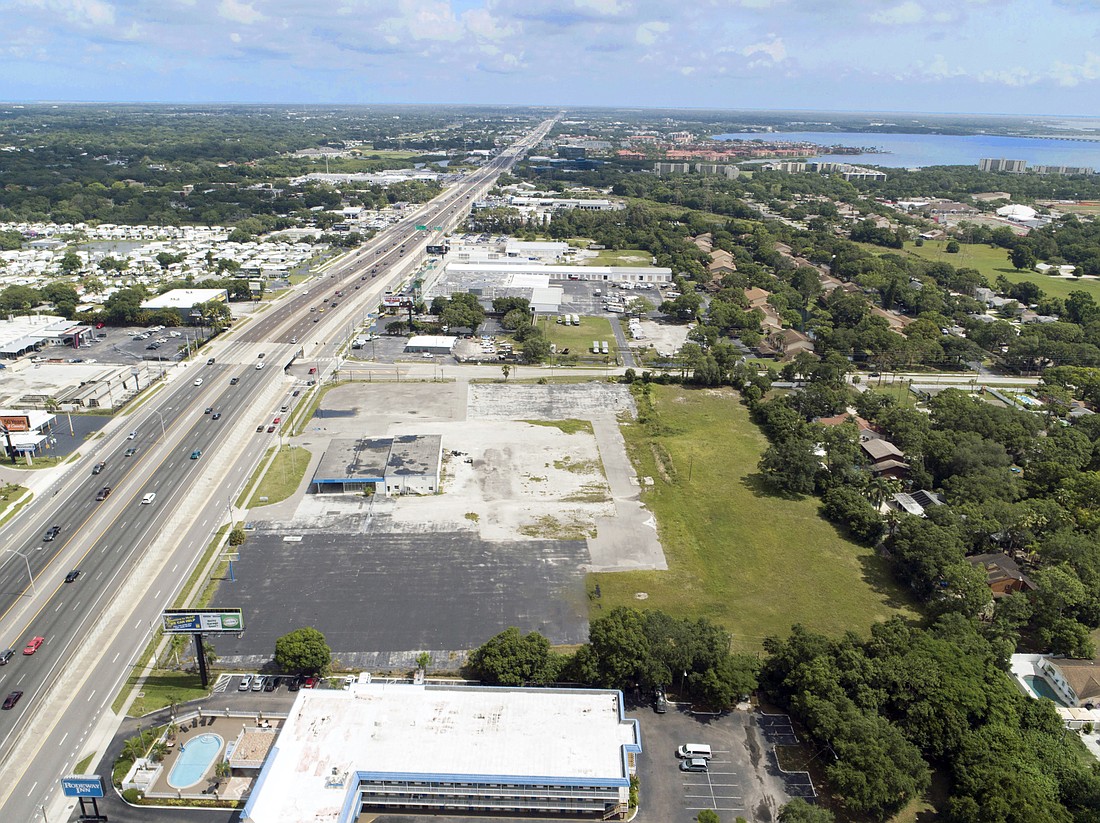- January 15, 2025
-
-
Loading

Loading

Lantower Residential, a Dallas-based apartment buyer, has purchased a vacant 8.4-acre tract in Largo on busy U.S. Highway 19, where industry sources say it will likely build multifamily rental units — possibly aimed at seniors — sometime late next year.
Company officials aren’t saying currently wheat they plan to use the land for in the wake of the $6 million purchase, but they hint that new development may be in the offing.
“Tampa is one of the hottest markets in the entire U.S.,” says Lantower COO Philippe Lapointe. “We don’t see an oversupply risk there. So much so that it’s becoming very difficult to buy good quality, existing properties. So if we can’t buy existing inventory, then it behooves us to develop. I think over the next 12 to 24 months you’ll see us becoming known as much for being an acquirer as a developer.”
Lapointe adds Lantower, a subsidiary of a Toronto-based real estate investment trust, already is developing projects in Florida in both Miami and Orlando.
The property is currently zoned for retail or office space and could also be developed for use as a hotel or apartments, says John Gerlach, executive managing director of investment services at commercial real estate brokerage firm Colliers International Tampa Bay, whose team represented seller Wilder LLC in the transaction.
Eshenbaugh Land Co. founder and broker Bill Eshenbaugh represented Lantower Residential in its purchase.
Lantower won a competitive bidding process for the site after agreeing to pay $800,000 above its asking price, after the city approved a density increase for the property.
Lantower currently owns seven apartment projects in Florida containing more than 2,000 units, including four along the Gulf Coast in Tampa Bay.
Eshenbaugh notes that apartment investors are having increasingly to be creative in their site selection as prime sites have been taken down.
“There’s incredible demand in the Tampa area,” he says. “If we had enough 10-acre to 25-acre sites, we could put up 3,000 new apartment units right away and still not meet the demand, but there aren’t enough qualified sites.”